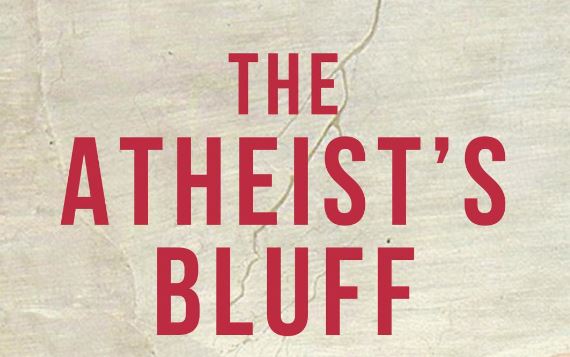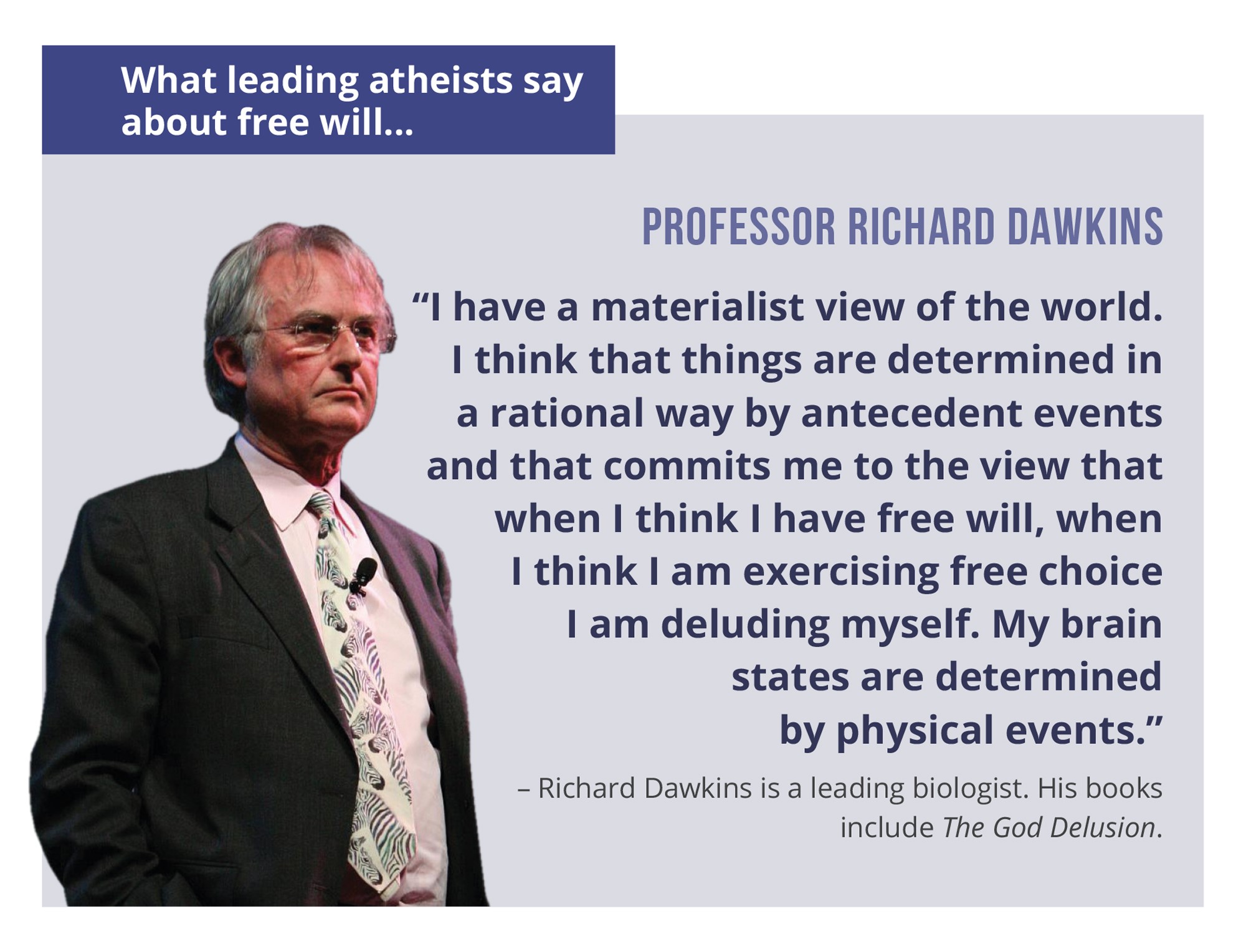In many ways, atheism is based on the big bluff that you can have your cake and eat it too. In the latest paper from The Iona Institute, Dr Gerard Casey, former head of the Department of Philosophy at UCD, calls this bluff.
The bluff is that you can deny the existence of God, and all the consequences are positive. But this is far from the case. In fact, denying the existence of God means we also have to ditch belief in things most of us take for granted and never question, for example, free will, objective right and wrong, the idea that the universe (and life) has a meaning and purpose.
Dr Casey draws out the implications of atheism. In particular, he looks at the issue of free will, the existence of which is denied by leading atheists like Professor Richard Dawkins.
If there is no free will, then there is no moral accountability either because moral accountability assumes we choose our actions. If we don’t choose our actions, what does this do to taken-for-granted ideas about justice and right and wrong?
Our paper is aimed in particular at students studying religion or philosophy, but it is also aimed at anyone interested in the overall topic.
You can download the paper here.


















